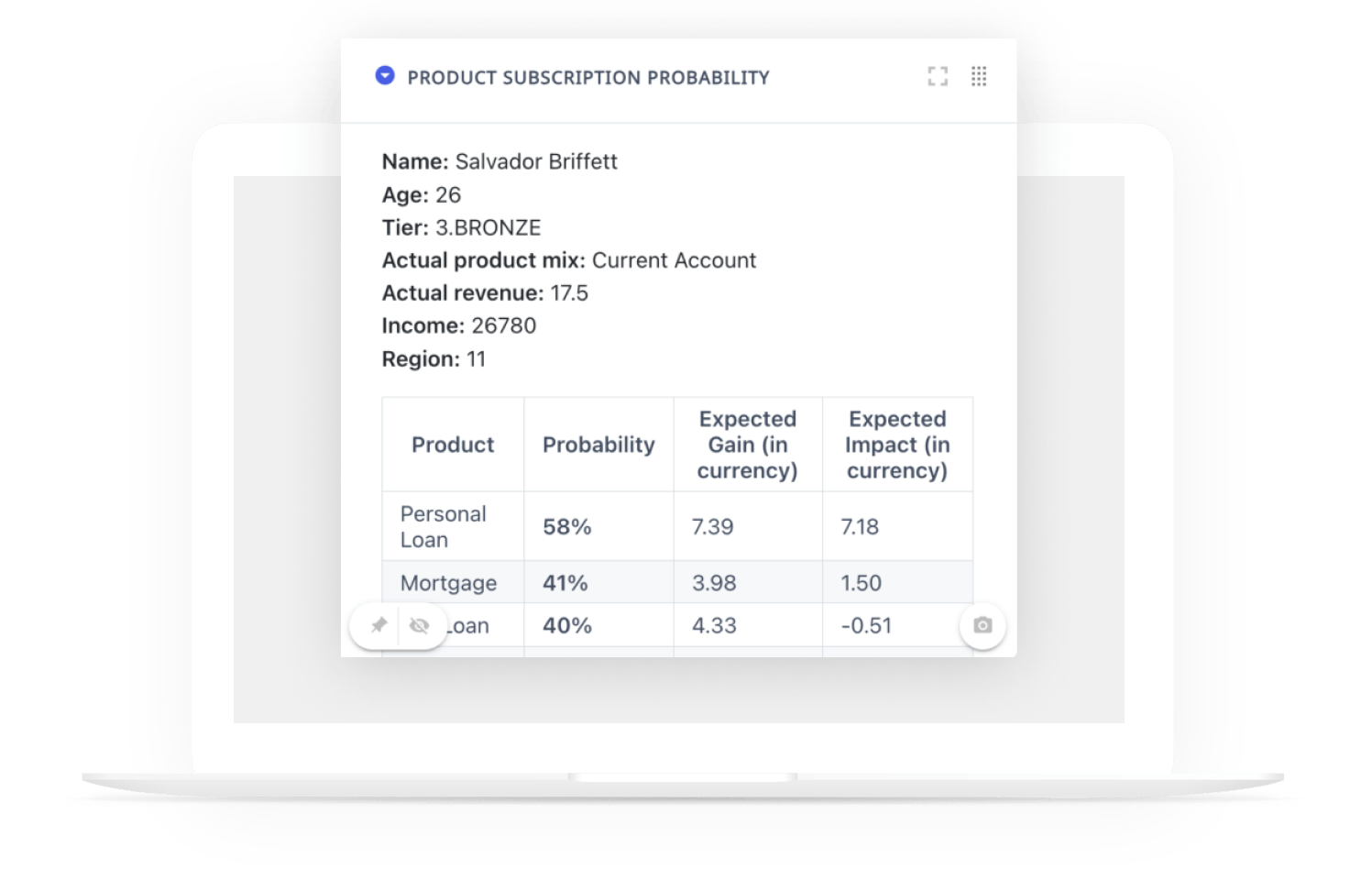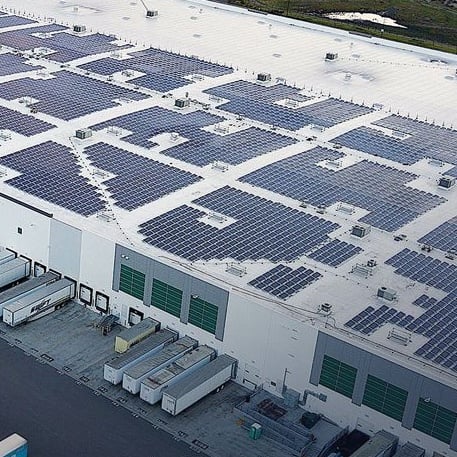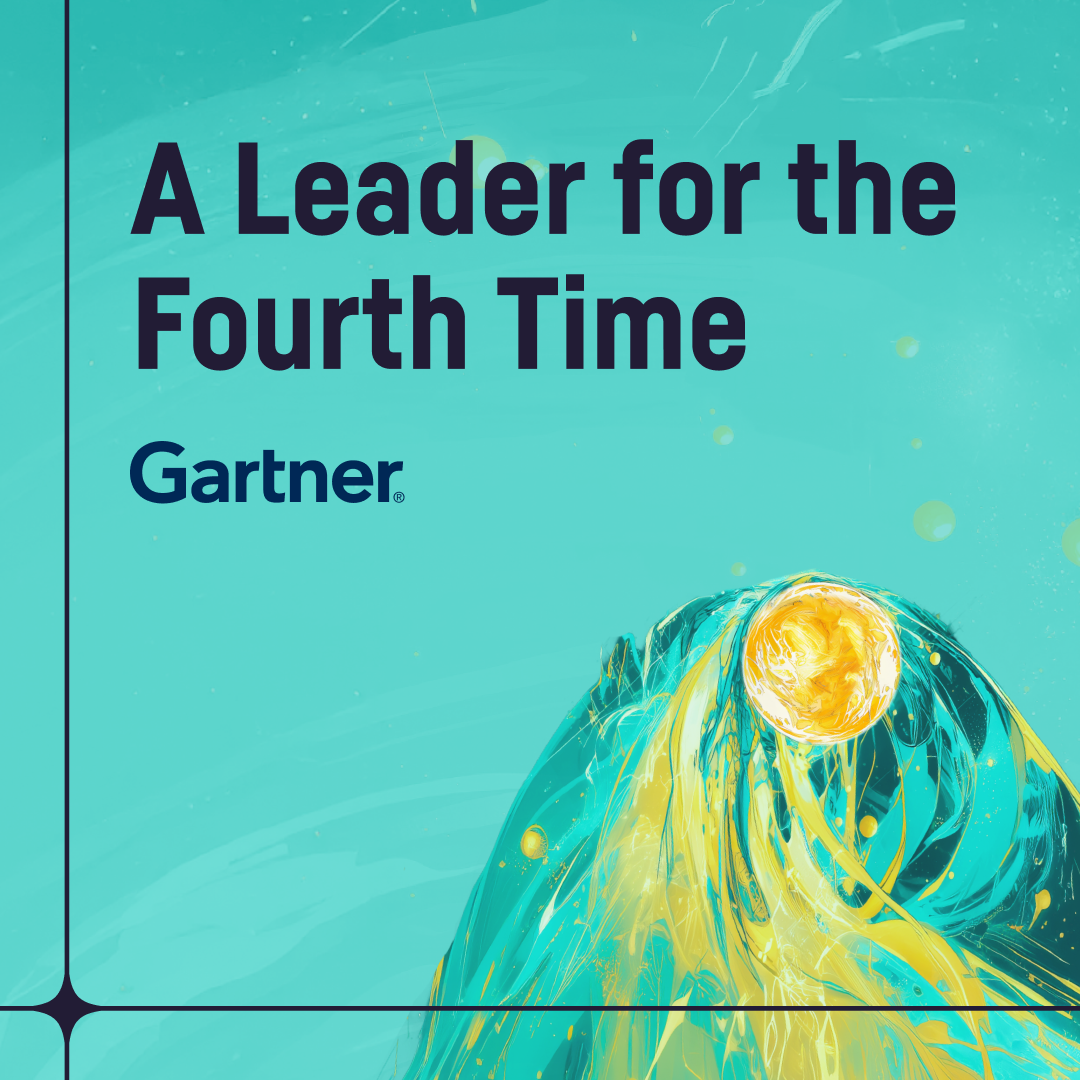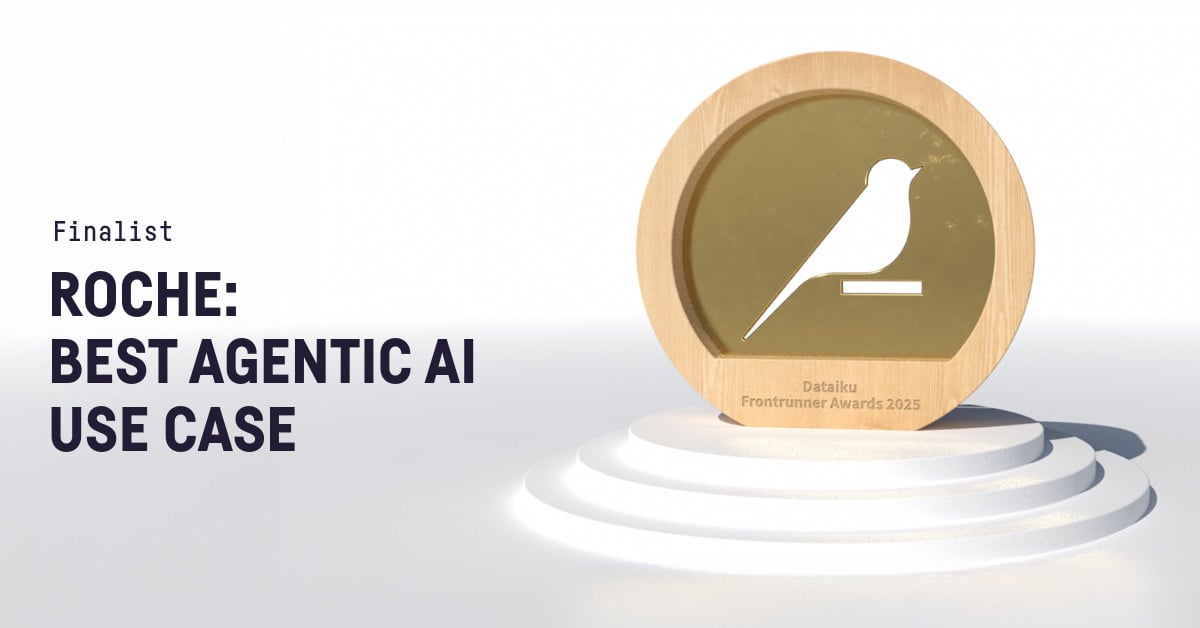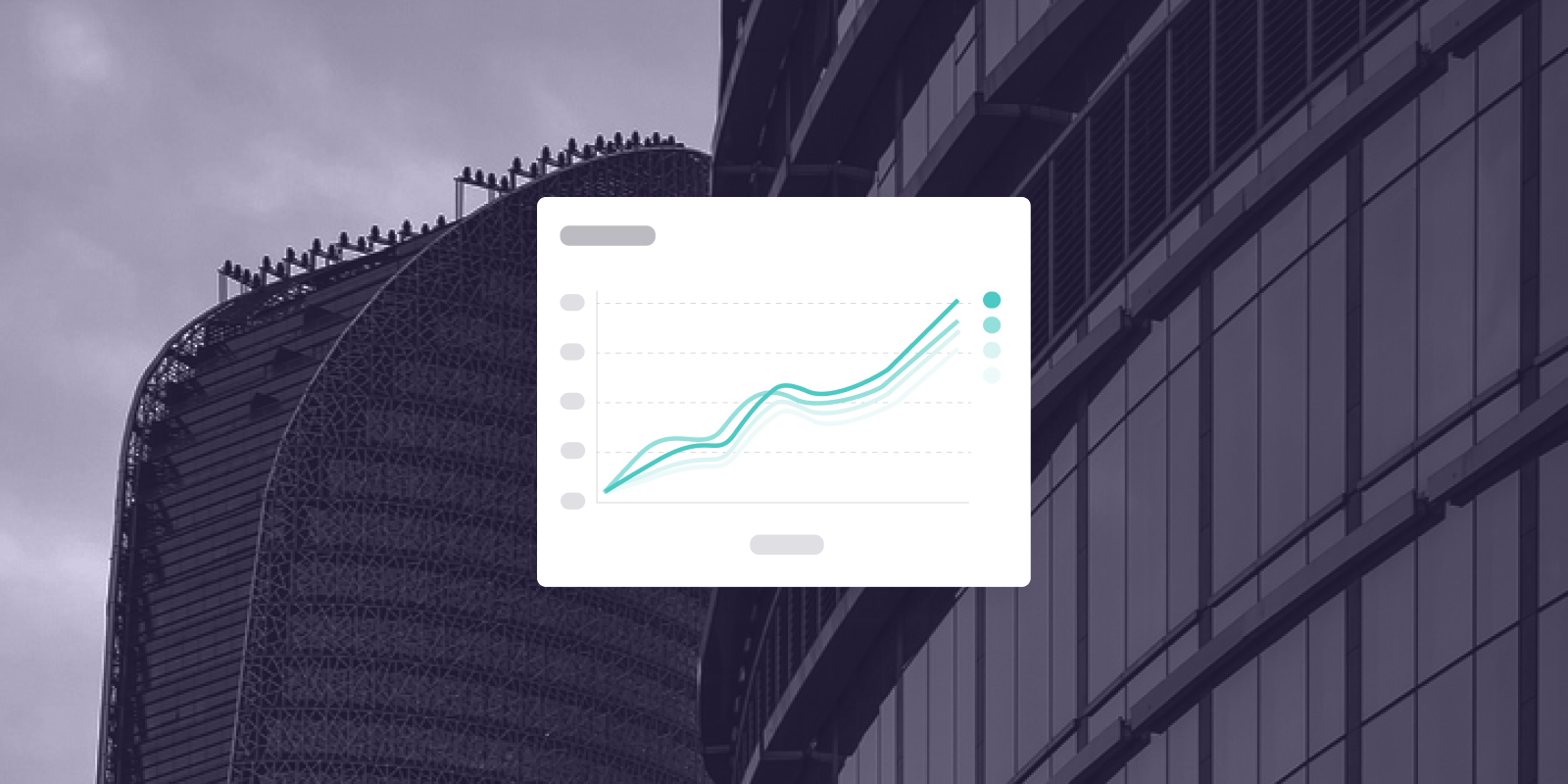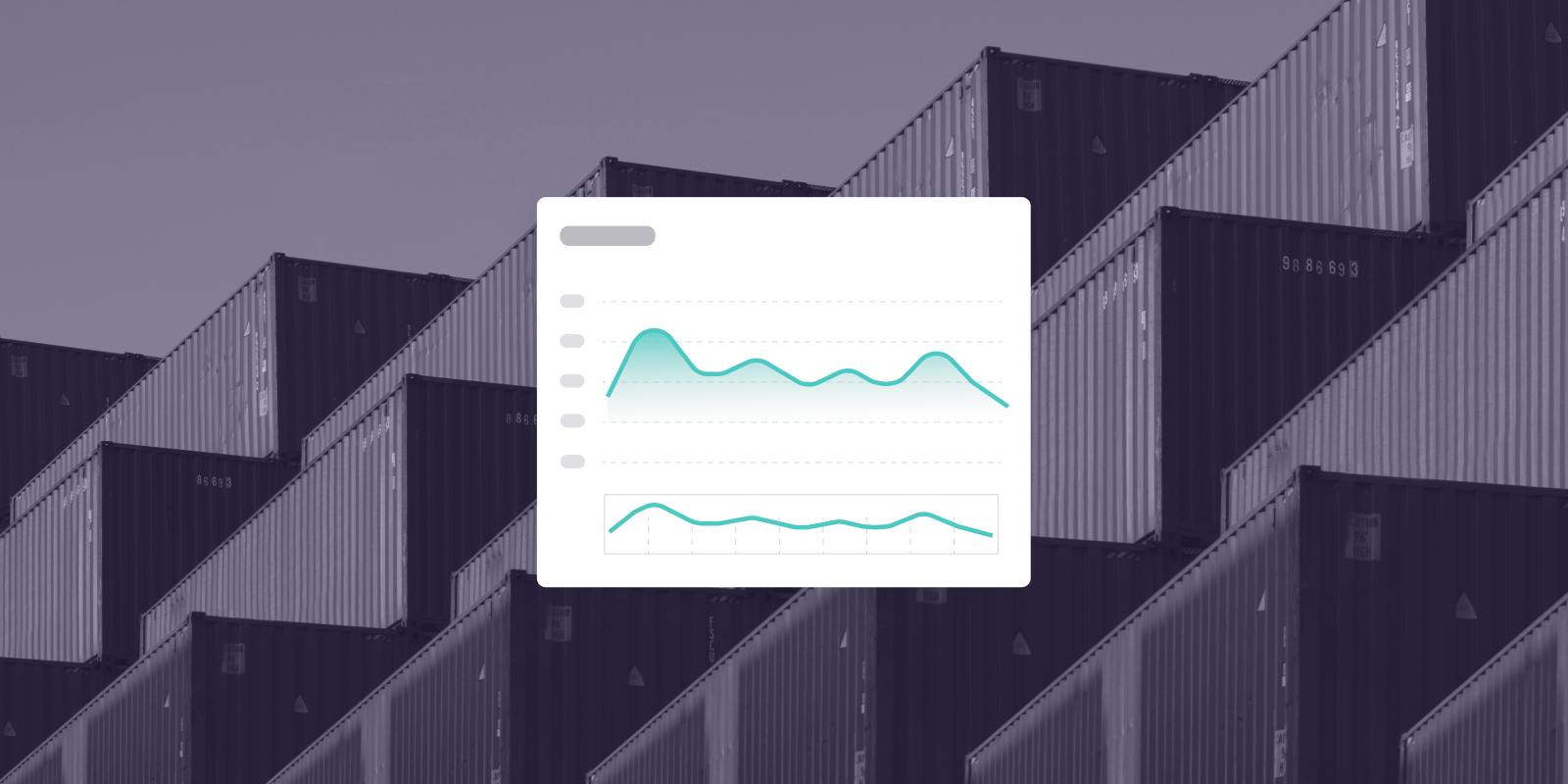
The 5 Places Analytics Value Leaks Before It Reaches a Decision
Feb 6, 2026Dataiku AI Stories
Hear from the organizations turning analytics, AI, and agents into measurable impact.
Frontrunner Awards
View AllGenAI & Agents
View AllAI Governance & Architecture
View AllAnalytics Modernization
View AllUse Cases
View AllThe Business Case for MCP
Sep 30, 2025
Keep Exploring Dataiku Stories
Keep Exploring With Dataiku Web Series
Build Enterprise-Ready AI Agents
Discover the architecture, tools, and real-world techniques for building AI agents that actually work at scale.
Watch the Series
Ensure AI Agents You Can Trust
Uncover how to evaluate, govern, and control AI agents with confidence to deliver real business impact.
Watch the Series
Scale a Modern AI Center of Excellence
Explore how an AI Center of Excellence puts people at the center of scalable, governed AI success.
Watch the Series

